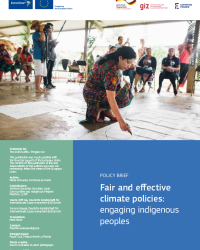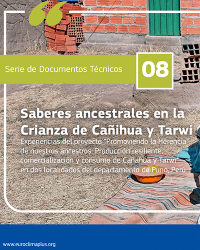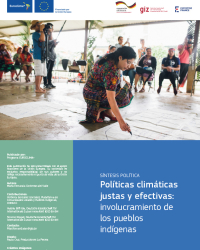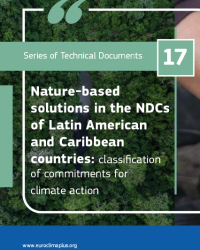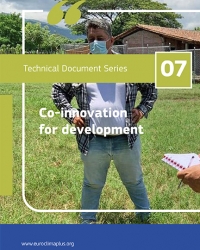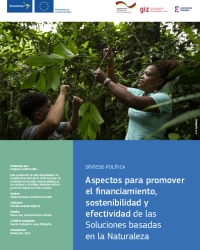The importance of public policies for managing risk among smallholders
413 Downloads
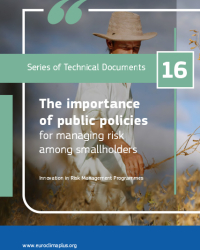 This document analyses Brazil’s main risk management instruments: the Agricultural Activity Guarantee Programme (Proagro) and the Rural Insurance Premium Subsidy Programme (PSR). The objective of analysis is to demonstrate the structure of the two programmes and describe main differences, strengths, and weaknesses. The study is based on interviews with specialists from the market, financial institutions, government, and rural producer representatives. Secondary data on the programmes are also used. The results are expressed in four complementary pillars, with proposed measures for their implementation.
This document analyses Brazil’s main risk management instruments: the Agricultural Activity Guarantee Programme (Proagro) and the Rural Insurance Premium Subsidy Programme (PSR). The objective of analysis is to demonstrate the structure of the two programmes and describe main differences, strengths, and weaknesses. The study is based on interviews with specialists from the market, financial institutions, government, and rural producer representatives. Secondary data on the programmes are also used. The results are expressed in four complementary pillars, with proposed measures for their implementation.
| Category: | Serie Documentos técnicos |
| File Size: | 5.12 MB |
| Hits: | 3748 Hits |
| Download: | 413 times |
| Título: | The importance of public policies for managing risk among smallholders |
| Autor: | Prof. Dr. Gilson Martins, Fernanda Schwantes, Daniel Lima Miquelluti |
| Año: | 2022 |
| Autor institucional: | EUROCLIMA+, GIZ |
| Formato: | PDF: 74 p. |

